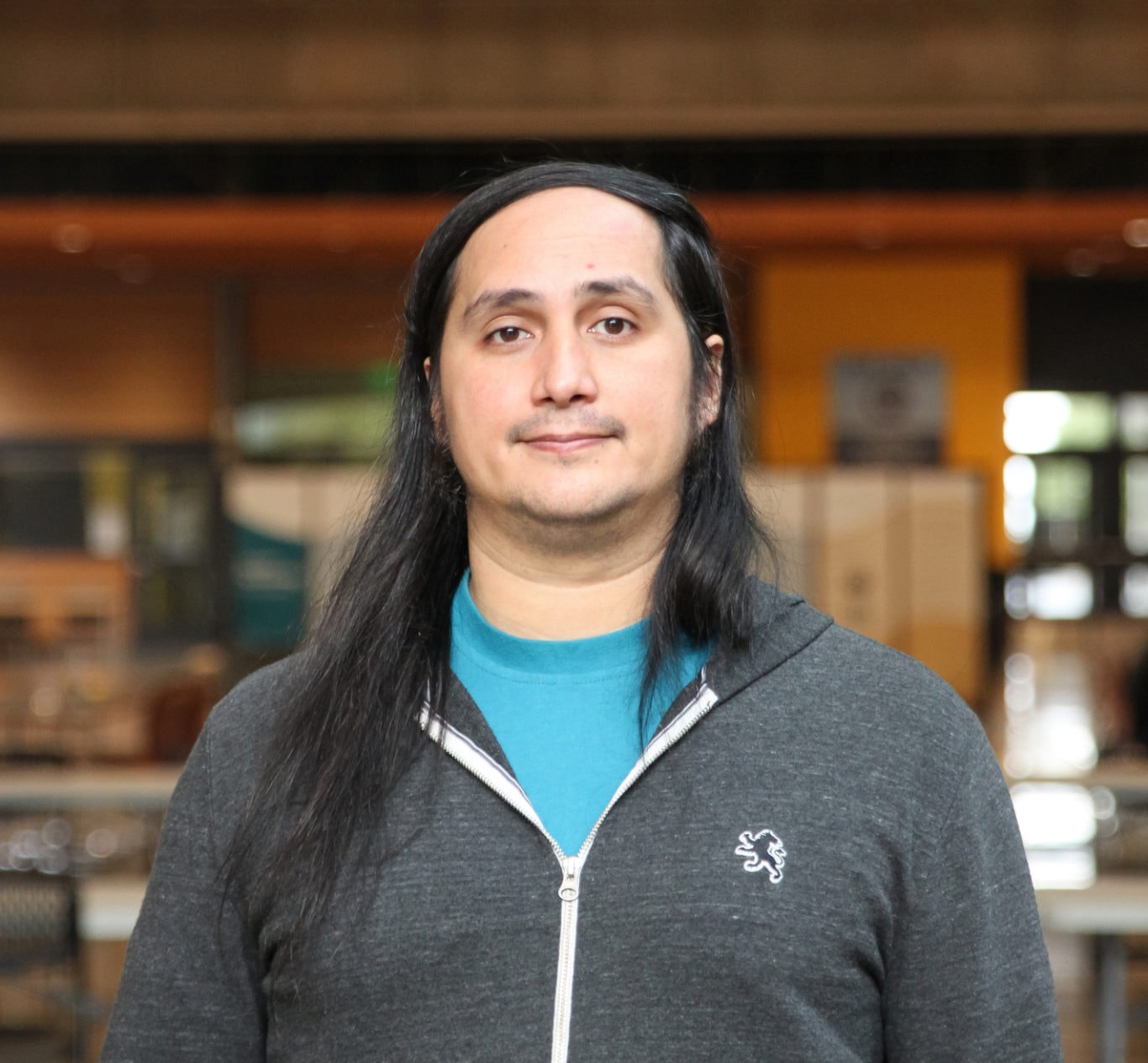Heifara WheelerFood justice is community action by supporting, aligning and collaborating with people of all lived experiences. Food Justice is mobilizing our shared community to make food more accessible, address the conditions that perpetuate poverty, and promote healing through traditional food practices.
Power of Community: Heifara Wheeler and Access to Traditional Foods
Power of Community: Heifara Wheeler and Access to Traditional Foods
“I believe that regardless of ‘status,’ people who live here should have access to food. They should have access to SNAP benefits. Food is a human right.”- Heifara Wheeler
Meet Heifara Wheeler. Heifara is working toward a future where every Oregonian has access to the food they need to thrive.
As an Oregon Food Bank food systems ambassador and food assistance coordinator for Pacific Climate Warriors — an international organization focusing on climate issues affecting Pacific Island communities — Heifara sees the critical connection between food sovereignty and climate justice, noting how both impact his community’s ability to thrive.
“Food sovereignty is an important aspect of climate work. As the climate changes, the ability to grow a lot of our traditional foods, even back home, becomes more difficult. Being able to hold onto our traditional foods is an important part of our identity. Our food is not only what we eat, but it is our ancestors. It is part of our oral history of who we are. So it's important to continue on those traditions.”
Though he grew up in Hawaii, Heifara felt disconnected from traditional Pacific Islander foods. Like many immigrants, his family tried to assimilate to American culture, largely avoiding traditional foods and cultural practices. As Heifara grew older, he became friends with people involved in the Hawaiian sovereignty movement, where he learned of food’s deep roots in creating and sustaining community, cultural identity and autonomy. Energized by these experiences, Heifara now works to connect Pacific Islanders in the Pacific Northwest with traditional foods.
Heifara learned from and was inspired by community-led distributions in the Metro area, including Portland Community College’s food delivery program. And when the campus closed due to the COVID-19 pandemic, Heifara’s team led efforts to continue shipping and delivering food to students who needed support. Through this work, Heifara saw first-hand the importance of providing culturally-specific food to meet the needs of a diverse student body. Among the most difficult foods to source were Pacific Island staples – including taro, sweet potato leaves and coconut – that are imported, expensive, and often only available at a limited number of Asian grocery stores.
Heifara’s work also introduced him to the many ways Pacific Islander communities are excluded from food assistance programs. People from U.S.- aligned Compact of Free Association (COFA) nations — including Marshallese, Palauan, and Micronesian communities — are among the fastest growing populations in the Pacific Northwest. Yet, despite longstanding federal agreements to provide economic assistance, defense and other services, COFA communities are currently barred from accessing essential food resources through the Supplemental Nutrition Assistance Program (sometimes called “SNAP” or “food stamps”), leading to ongoing struggles with food insecurity.
“When people in my community don’t have access to food, it’s harder for them to provide for their families. It's harder for them to stay healthy and stay happy. If they have children who are students, it's harder for them to learn. It's harder to concentrate when you are constantly thinking about how hungry you are.”
Heifara firmly believes the future can look different, and he has been a strong advocate for Food for All Oregonians – the statewide effort to make sure food assistance is available to everyone in our community, regardless of immigration status. And in the meantime, Heifara runs a culturally-specific food distribution that is open to everyone in the Pacific Islander community, providing Pacific Island staples from taro to turmeric.
“We had a lot of positive feedback from our community. Having the food box helped relieve the burden of having to spend more money – especially with the rising costs of food.”
Heifara knows how people can thrive when we have access to fresh, familiar food. And with COVID restrictions easing, his team plans to expand the food distribution program to a shopping-style market where people can choose their own food. Their goal is to work with Pacific Islander farmers and open a local community garden where traditional foods are grown and shared.
“Part of a society is to care for its people, and we need to care for everyone who lives here. It’s important for our community to have access to traditional foods. These foods have a connection to our oral histories – to who we are as a people and the belief systems that we share.”
Support Heifara and his work by volunteering with Pacific Climate Warriors and following their work through Facebook and Instagram.
